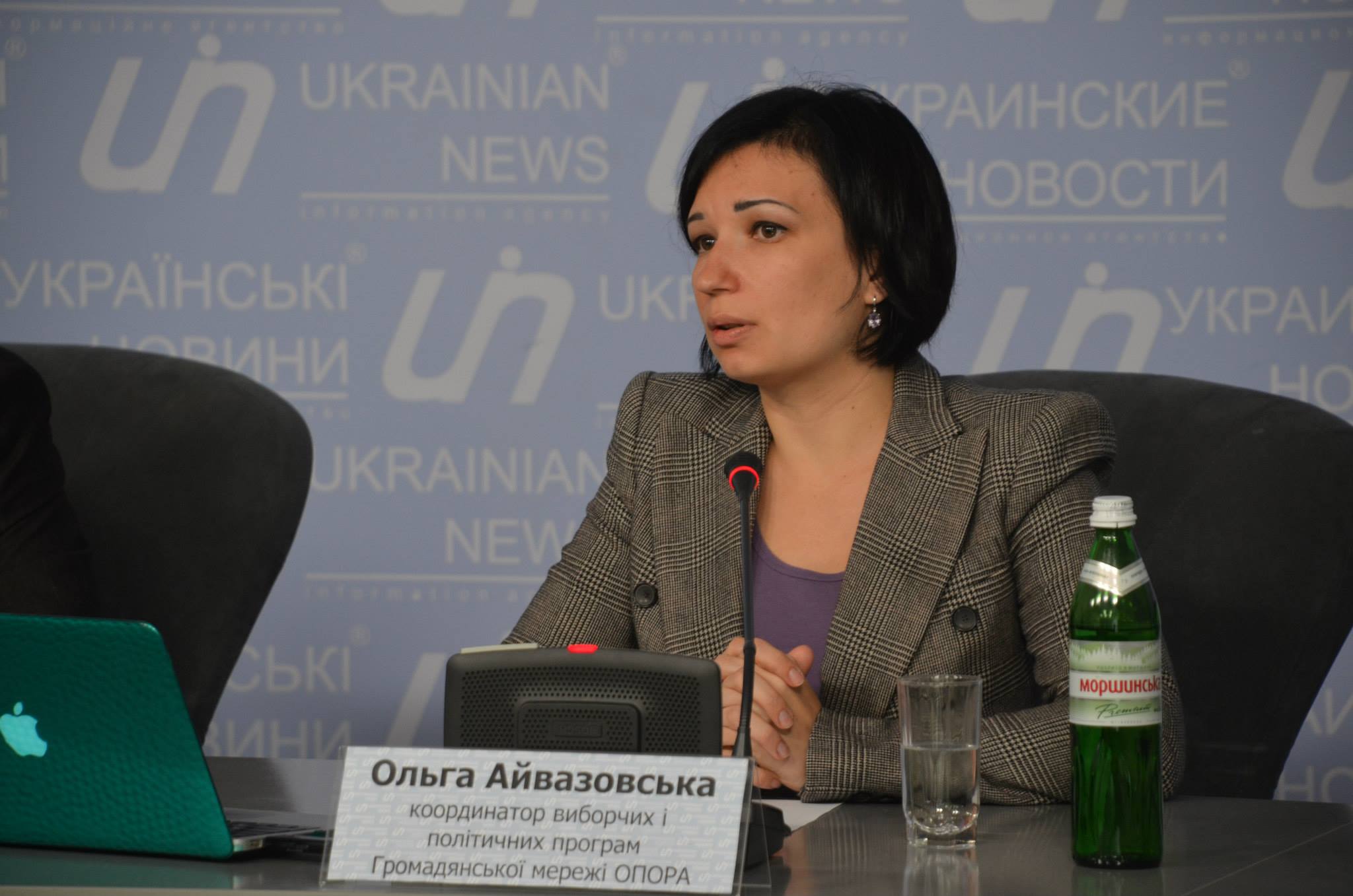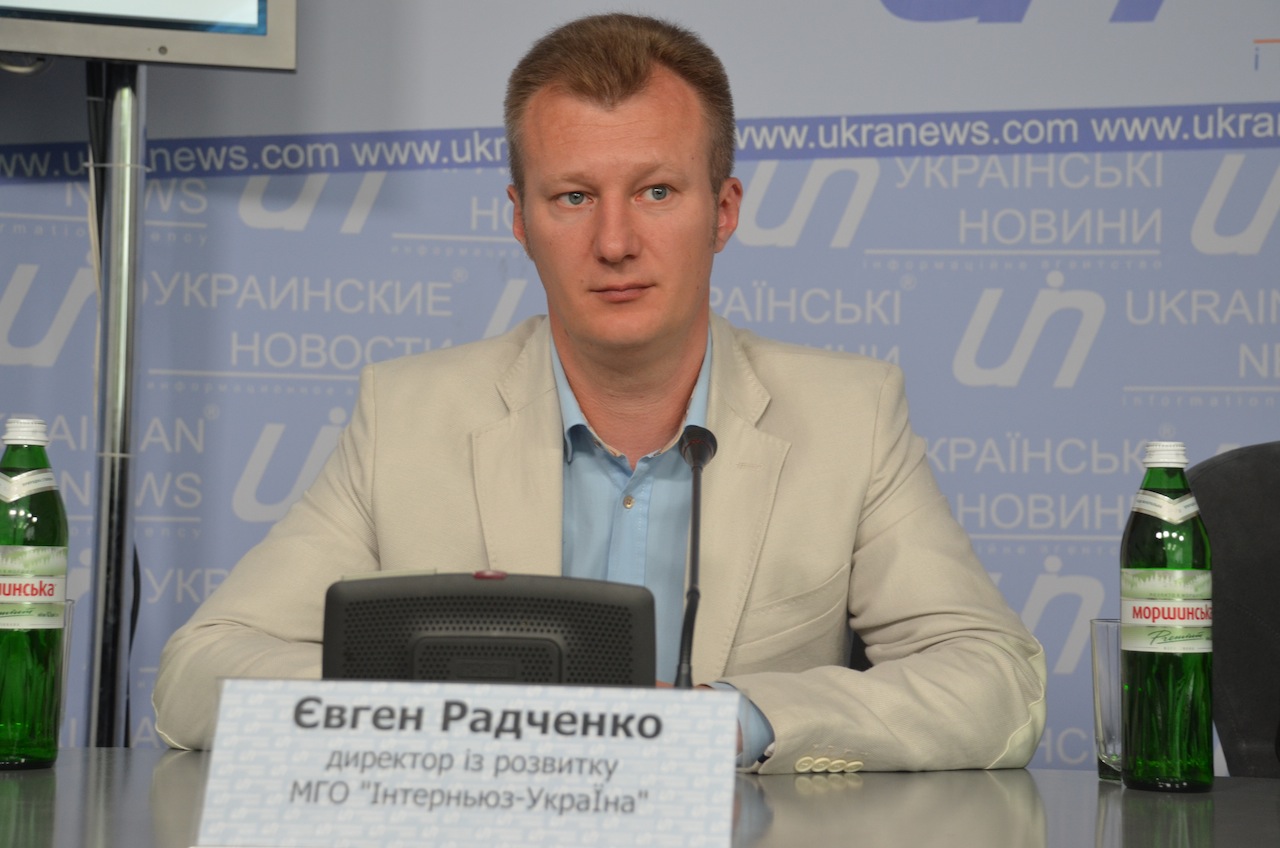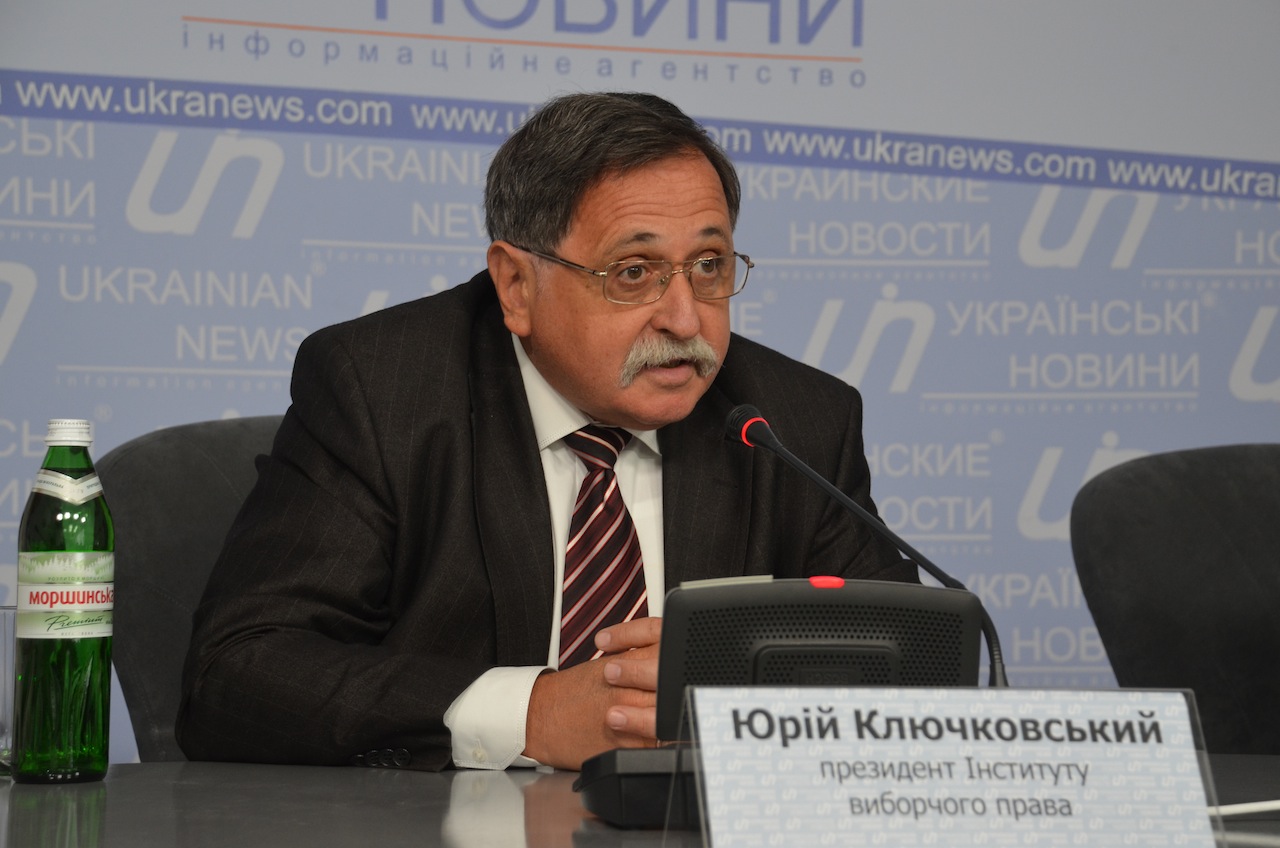Non-Governmental Organizations propose to prepare and introduce amendments to the most imperfect electoral law, on the Elections of Deputies to the Verkhovna Rada of Autonomous Republic of Crimea, Deputies of Local Councils, Village, Town and City Heads, in advance; to secure open discussion of amendments to three laws on elections and continue preparation of the Election Code. These propositions are included in the statement, signed by Civil Network OPORA, Election Law Institute, Internews Ukraine NGO, Committee of Voters of Ukraine, Ukrainian Center for Independent Political Research, Center for Political and Legal Reforms, and Center for Political Studies and Analysis
Progress in adoption of the Election Code is an integral part of preparations to signing the EU-Ukraine Association Agreement. Parliamentary Assembly of the Council of Europe, OSCE/ODIHR, Venice Commission, and other influential organizations have repeatedly emphasized the necessity of its adoption. Codification of the election legislation is one of the trends in its development throughout the European and NIS countries.
During the last 15 years, presidents of Ukraine Viktor Yushchenko and Viktor Yanukovych, representatives of the Party of Regions, Batkivshchyna, Communist Party of Ukraine, UDAR, Svoboda and other, declared their readiness to assist and participate in drafting of the Code, as well as to support its adoption. In 2010, the President Viktor Yanukovych had promised: "We will develop our national electoral legislation, adopt the corresponding laws, which later will be put together in the Election Code to be effective on all levels of elections. We will end the practice of adopting laws "for the elections"."
In 2010, the draft Election Code of Ukraine, prepared by representatives of all political parties in the Parliament of VI convocation, as well as national and international experts, was submitted for consideration of the Parliament. The document was positively assessed by the Venice Commission. However, it was never adopted. From time to time, politicians come up with arguments against unified regulation of the elections, what is contradictory to their previous statements regarding harmonization of electoral legislation.
Yevhen Radchenko, Development director of the Internews Ukraine NGO, has stated: "Despite Ukrainian government has greatly contributed to reformation of the Election Code, Ukraine is not free from its commitments to fully restructure electoral legislation and adopt the Election Code in the future."
Yurii Kliuchkovskyi, President of the Election Law Institute: "Today, Ukrainian electoral legislation is divided into some laws, which were adopted in different periods and regulate the same electoral procedures in different way. It results in heterogeneous electoral legislation and problems for election commissions, candidates, parties, and other subjects of the election process. Finally, it harms open, free and fair election process."

According to Olha Aivazovska, Electoral and Political Programs Coordinator of Civil Network OPORA, adoption of the Election Code could contribute to harmonizing the legal framework governing all election-related procedures, to ensuring the comprehensiveness and legal certainty in regulation of the elections, as well as to a more convenient use of electoral legislation.

